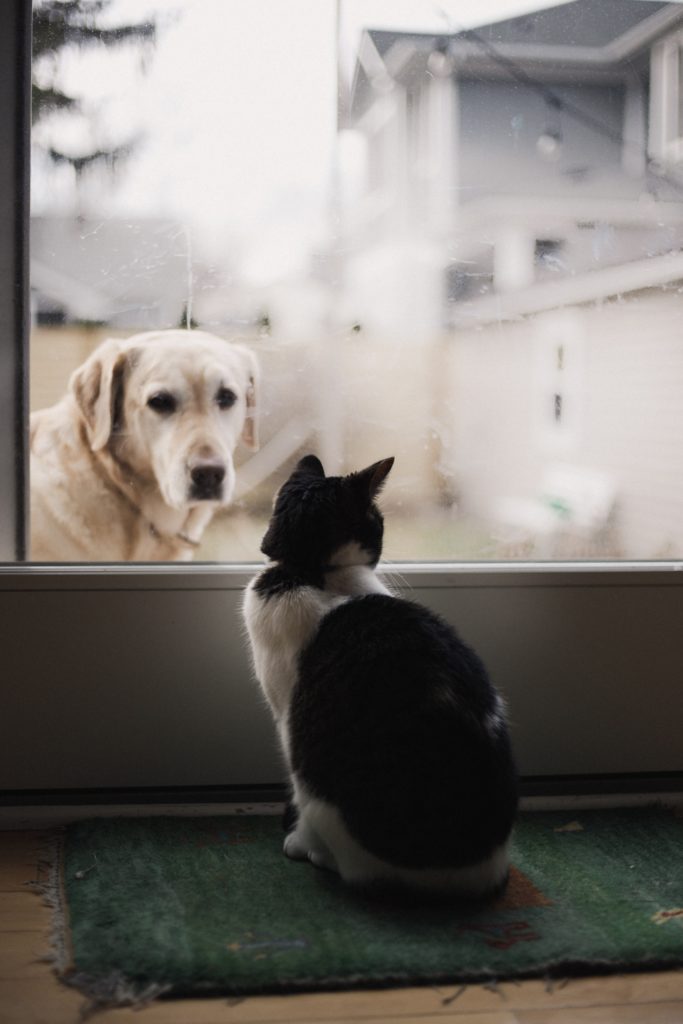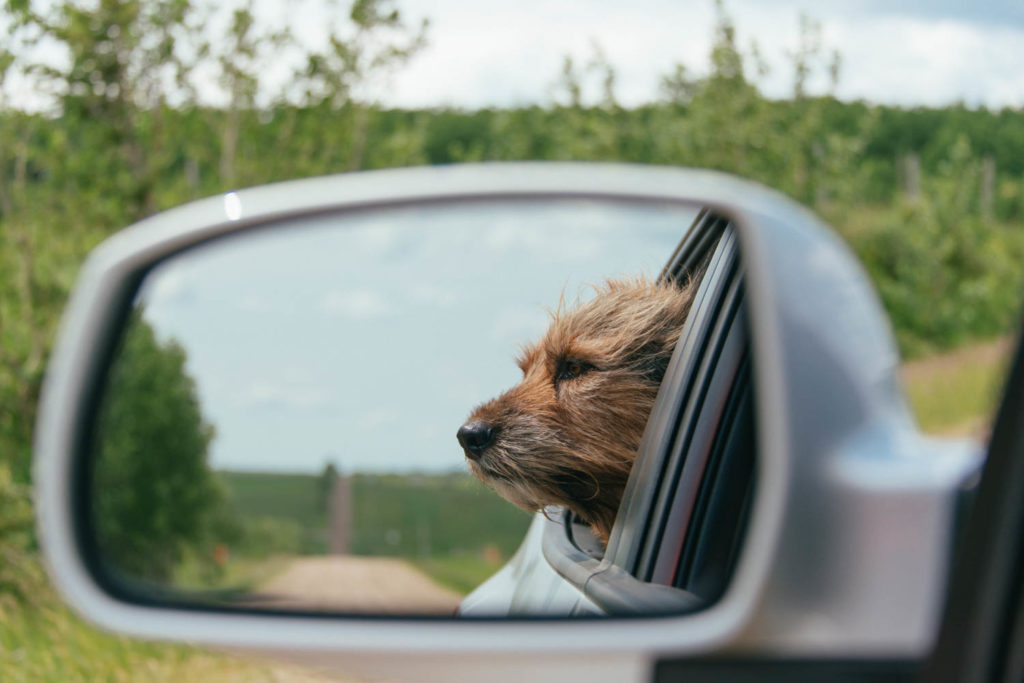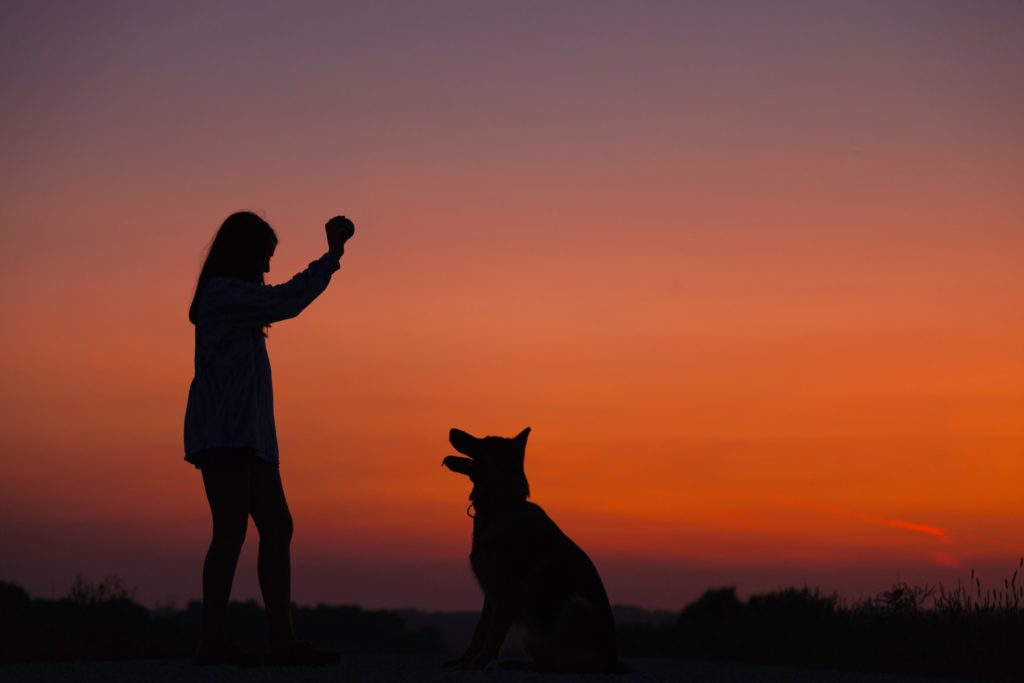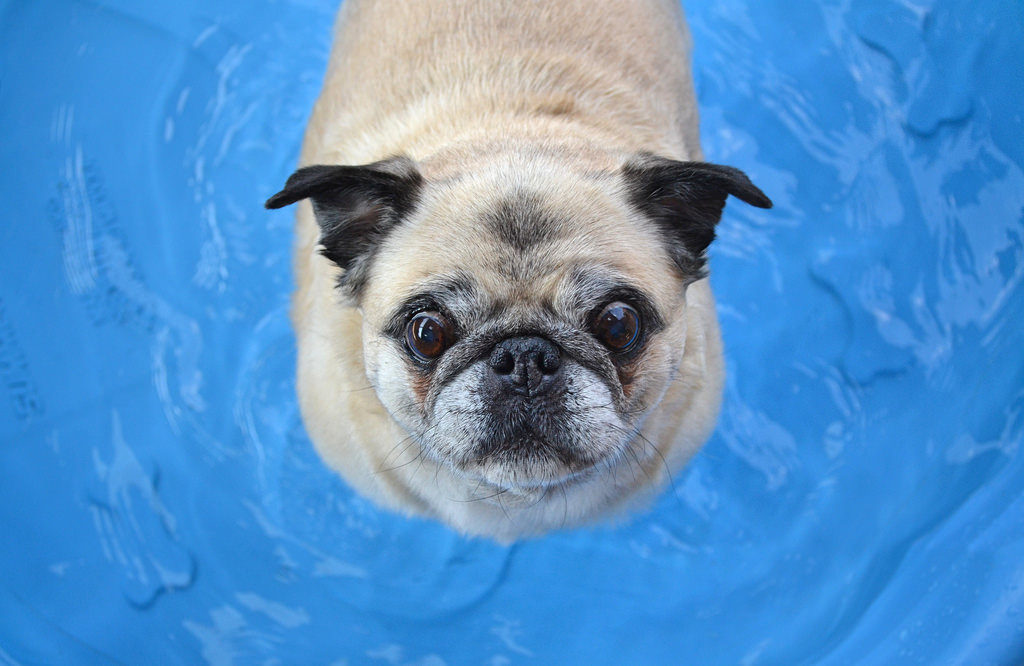In the lead up to last Christmas and during January 2019, blistering heatwaves swept across the country. January 2019 was the hottest month ever recorded in Australia, and the summer also went down as the hottest on record for Australia. This summer, we are again facing intense heatwaves across the country, and temperature records are expected to be broken once again. The entire summer is shaping up to be a terrible trifecta of heatwaves, bushfires and drought.
Preliminary results suggest that the 17th December 2019 was Australia’s hottest day on record at 40.9 ºC, with the average maximum across the country as a whole, exceeding the previous record of 40.3 ºC on the 7th January 2013.
Over the past 100 years, heatwaves have killed more Australians than any other natural hazard. Scientists predict that heatwaves are only going to get hotter, longer and more frequent.
While we can escape to the air conditioner or strip off to cool down, we need to consider our furry friends in the extreme heat, both domestic pets and surrounding wildlife.
Just like us, many animals can be affected by heat stress or heat stroke. Similar to humans, the old and the young are often the most vulnerable. However, while we can sweat it out, dogs and cats can only release heat through areas not covered by fur, mostly their paws.
HOW DO YOU TAKE CARE OF YOUR PETS DURING A HEATWAVE?
 |
| Cat at window with dog watching |
Image Credit: Unsplash
However, dogs need a little more TLC when it gets hot. The small surface area of their paws are not a very effective means of getting rid of excess heat from their bodies. Dogs use the evaporation of moisture from their tongues, nasal passages and lungs to cool down by panting.
Make sure if you are heading to work your best friend has plenty of water and shade in a well-ventilated area. If you want to get creative with ways to cool your pal down you could whip up some refrigerated snacks, top their bowls up with cold water from the fridge or simply dampen their bed. Got a garden? Perhaps invest in a small paddling pool or turn the sprinklers or hose on so they can get a bit of a shower.
Image Credit: ‘Young at Heart’ Flickr user DaPuglet licensed under CC BY-SA 2.
 |
| Dog in car |
Image Credits: ‘FGE_7735” Flickr user Just Me licensed under CC BY-SA 2.0.
HOW DO I KNOW IF MY PET IS AFFECTED BY HEAT?
Key signs you should look for are changes in behaviour, disinterest in food and water, isolating themselves and heavy panting. If your pet is lethargic, relentlessly panting, drooling, vomiting or collapsing get them to a vet ASAP. Check out the RSPCA for more information. |
| Dog in sunset |
Image Credit: Unsplash
HOW DO YOU HELP WILDLIFE DURING A HEATWAVE?
And while you are out and about, think of our native wildlife too: the same rules apply – water, shade and rest. If you live in a rural area put some water out in shady areas for any native wildlife that may be nearby.Try to avoid disturbing our native wildlife more than you have to. Everyone is feeling hot and bothered, so the last thing you’d want to do is stress them out and use up any more of their already low energy stocks.
However, rescue babies if they are particularly vulnerable and reach out to a local wildlife helpline:
NSW: WIRES 1300 094 737
VIC: Wildlife Victoria (03) 8400 7300
QLD: RSPCA QLD 1300 ANIMAL
SA: Fauna Rescue of SA inc 08 8289 0896
WA: Wildcare WA (08) 9474 9055.
NT: Wildcare NT 08 8996 121.
TAS: Bonorong Wildlife Hospital and Rescue 0447 264 625
ACT: ACT Wildlife 0432 300 033
Go to Climate Council site
Related: News outlets continue to ignore climate change in articles about California's record-breaking weather (excerpt): Heated
Climate Council, pets, #heatwaves, #extremeheat, global heating, #Australia, heatstroke, #wildfire, wild life,

No comments:
Post a Comment